In the evolving world of fashion, sustainability is becoming increasingly important, even in the realm of newborn clothing. This article explores the top trends in sustainable newborn clothes, where quality meets conscious living. We delve into the use of eco-friendly materials and the benefits of high-quality, durable fabrics designed for the delicate needs of newborns. We also highlight ethical production practices that ensure both safety and responsibility. By examining popular trends and how automotive fashion principles—emphasizing timeless design and mindful production—are influencing newborn apparel, we offer insights into making informed, sustainable choices for your little one.
Come join lealhotel.com in exploring this topic extensively.
1. Overview of Sustainable Materials in Newborn Clothing
Sustainable materials are at the forefront of the shift towards eco-conscious newborn clothing. These materials prioritize environmental responsibility while ensuring comfort and safety for delicate skin. Organic cotton, a popular choice, is grown without harmful pesticides or synthetic fertilizers, reducing chemical exposure and promoting soil health. Bamboo fabric is another sustainable option, known for its softness, breathability, and natural antibacterial properties. It grows quickly and requires less water, making it an eco-friendly alternative.
Hemp, though less common, offers remarkable durability and becomes softer with each wash, making it ideal for long-lasting newborn garments. Recycled polyester, made from post-consumer plastic bottles, transforms waste into stylish, functional fabrics, reducing landfill contributions. These materials not only align with sustainable principles but also meet the stringent safety standards required for newborn clothing.
Choosing fabrics like these supports a circular economy, where products are designed with their end-of-life impact in mind, promoting reuse and reducing waste. As consumers become more aware of the environmental impact of their purchases, sustainable materials in newborn clothing represent a crucial step toward a more responsible and eco-friendly future for fashion.
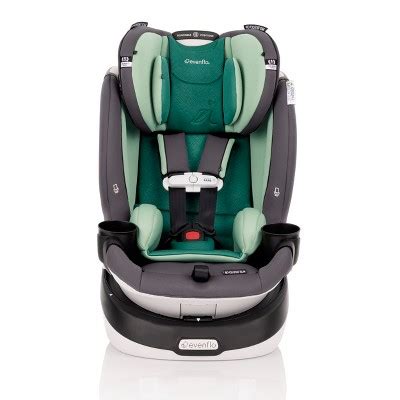
2. Benefits of High-Quality, Durable Fabrics for Newborns
High-quality, durable fabrics are essential for newborn clothing, offering a range of benefits that contribute to both the comfort and longevity of garments. For newborns, whose skin is particularly sensitive, fabrics like organic cotton and bamboo are ideal due to their softness and hypoallergenic properties. These materials are less likely to cause irritation or allergic reactions, ensuring a gentle touch against delicate skin.
Durability is another critical advantage. Fabrics such as hemp and recycled polyester are designed to withstand frequent washes and wear, maintaining their integrity over time. This resilience not only reduces the need for constant replacements but also supports sustainability by minimizing waste. High-quality fabrics also often feature better construction and finishing, which contribute to the overall longevity of the clothing.
In addition to their practical benefits, durable fabrics provide comfort and reliability, which are crucial for newborns’ well-being. Parents can have peace of mind knowing that their baby’s clothes will endure the rigors of everyday use while remaining soft and safe. Investing in high-quality, durable newborn clothing is a step towards a more sustainable wardrobe that supports both the baby’s comfort and the environment.
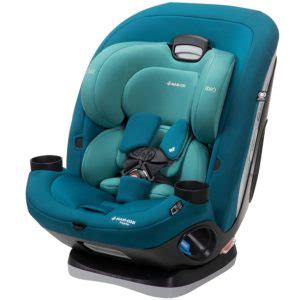
3. Ethical Production Practices in the Newborn Clothing Industry
Ethical production practices are vital in the newborn clothing industry, ensuring that garments are made responsibly from start to finish. These practices focus on fair labor conditions, safe working environments, and transparency throughout the supply chain. Manufacturers that adhere to ethical standards often provide fair wages, proper working hours, and safe conditions for their workers, reflecting a commitment to social responsibility.
Additionally, ethical production involves minimizing environmental impact by using eco-friendly processes and materials. This includes reducing waste, conserving water, and avoiding harmful chemicals. Brands that emphasize these practices often engage in rigorous certification processes to validate their claims, such as Fair Trade or Global Organic Textile Standard (GOTS) certifications.
By choosing newborn clothing from companies that prioritize ethical production, consumers support a system that values human rights and environmental stewardship. This not only ensures that the clothing is safe and sustainable for babies but also promotes a more conscientious and responsible fashion industry. Ethical production practices help build a better future for both the industry a
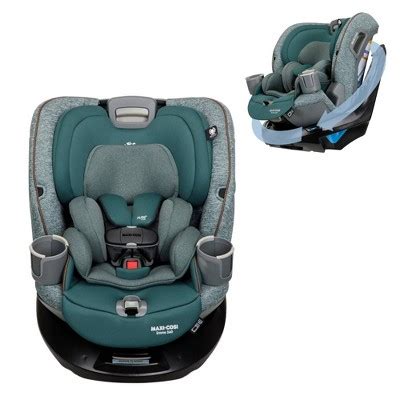
4. Popular Trends in Sustainable Newborn Fashion
Popular trends in sustainable newborn fashion highlight a growing preference for eco-conscious choices that combine style with environmental responsibility. One prominent trend is the use of organic and recycled materials, such as organic cotton and bamboo, which offer softness and sustainability. Minimalist designs are also gaining traction, focusing on timeless, versatile pieces that can be worn longer and reduce waste.
Neutral colors and simple patterns are favored for their longevity and ease of mixing and matching, promoting a more durable wardrobe. Additionally, brands are embracing zero-waste practices, creating garments from fabric scraps or repurposed materials. Customizable and adjustable clothing, which grows with the baby, is another trend that extends the lifespan of each piece.
These trends reflect a shift towards more thoughtful and sustainable fashion choices, ensuring that newborn clothing is not only stylish but also environmentally friendly and practical.
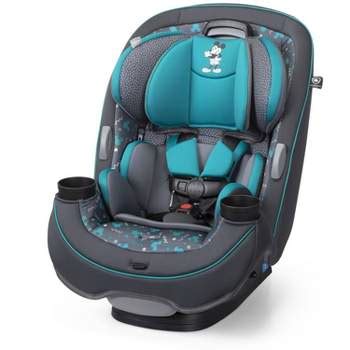
5. Intersection of Automotive Fashion Principles and Newborn Clothes
The intersection of automotive fashion principles and newborn clothes is an intriguing reflection of how timeless design and sustainability can influence various sectors. In automotive fashion, principles such as quality craftsmanship, durability, and a focus on long-lasting materials are highly valued. These same principles are now being applied to newborn clothing, where the emphasis is on creating garments that are both stylish and sustainable.
Automotive fashion often prioritizes materials that withstand the test of time, a concept that is equally important in newborn apparel. High-quality, durable fabrics used in automotive fashion, like leather and advanced synthetics, find their counterpart in eco-friendly newborn fabrics such as organic cotton and bamboo. Just as automotive fashion integrates classic design elements with modern technology, sustainable newborn clothing combines timeless designs with innovative, eco-conscious materials.
This approach not only ensures that the clothing is both functional and fashionable but also aligns with a broader movement towards sustainability. By integrating automotive fashion principles, newborn clothes are crafted to offer longevity, comfort, and style, promoting a more conscious lifestyle from the very start. This intersectio
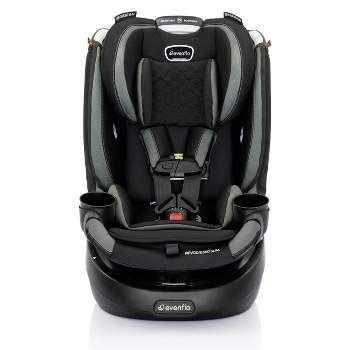
6. Consumer Insights: Choosing Sustainable Newborn Clothing for Quality and Longevity
Consumers are increasingly seeking sustainable newborn clothing that emphasizes both quality and longevity. When choosing garments, many prioritize eco-friendly materials like organic cotton and bamboo, known for their softness and reduced environmental impact. Durability is a key factor, with parents looking for fabrics that withstand frequent washes and wear, ensuring that the clothing lasts longer and reduces the need for constant replacements.
Ethical production practices also play a significant role in purchasing decisions. Consumers are drawn to brands that offer transparency about their manufacturing processes and uphold fair labor standards. Minimalist designs and timeless styles are favored for their versatility and reduced waste, aligning with a more sustainable lifestyle.
Overall, consumers are making informed choices that balance style, functionality, and environmental responsibility. By selecting high-quality, sustainable newborn clothing, they contribute to a more conscious fashion industry while providing their babies with comfortable and durable apparel.
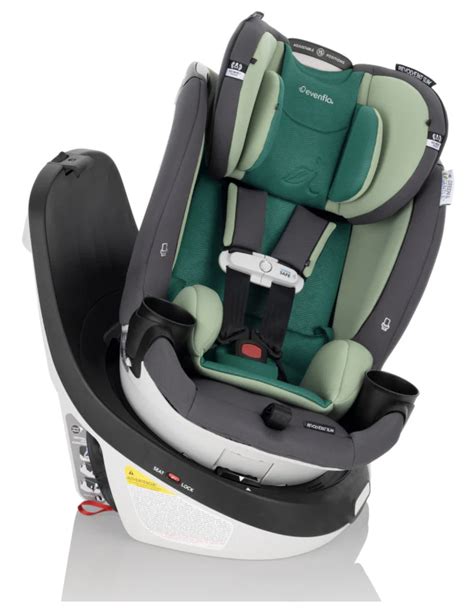
Incorporating sustainable practices into newborn clothing not only enhances the comfort and safety of little ones but also aligns with a broader commitment to environmental responsibility. By choosing high-quality, durable fabrics and supporting ethical production, consumers can ensure their babies benefit from both style and sustainability. As automotive fashion principles influence newborn apparel
lealhotel.com